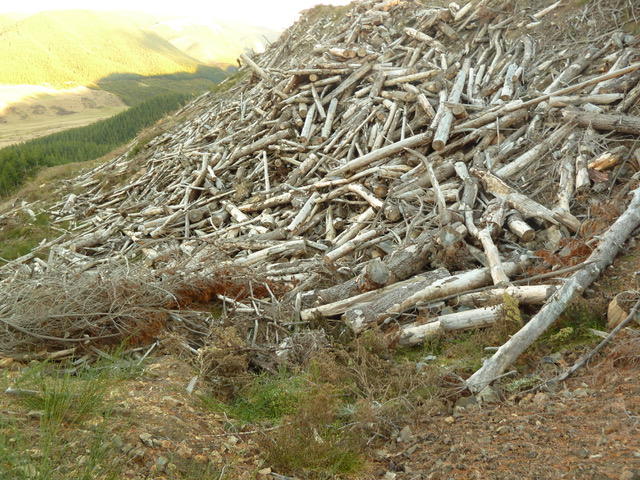Press Release
CORANZ
16 February, 2023
Monocultures of pines are a disaster for the environment and people says the Council of Outdoor Recreation Associations of New Zealand (CORANZ). The comment comes in the wake of Cyclone Gabrielle with a Radio NZ report telling of widespread damage to farms across the North Island with those in parts of Gisborne and Hawke’s Bay particularly hard hit. Significantly forestry slash is one again a huge problem said the report by RNZ journalist Sally Murphy.
A Tolaga Bay farmer Bridget Parker said forestry slash has caused a huge amount of damage to her farm yet again with silt, logs strewn around and “all the fences are down.”
“Wherever you look it’s total carnage,” Bridget Parker was reported as saying.
Andi Cockroft chairman of CORANZ which is a national forum of like-minded organisations advocating for outdoor recreation and conservation, said the current government had openly encouraged forestry, even relaxing rules around foreign ownership, to allow speculative foreign corporates intent on “carbon farming” to come to convert productive beef and sheep farms to monocultures of pines.
“How long is government going to turn a blind eye and continue to encourage large scale planting of pines to the detriment of people and the environment?” he asked.
Andi Cockroft pointed out the corporate nature of forestry companies and their attitudes..
“ The environment and the public interest are minor considerations for them. Profits and maximising profits is paramount. Nor should it be forgotten the forestry industry is already over 80 percent foreign owned so that an overseas corporate has zero interest other than money.”
Pine forest runoff – whether commercial forestry or speculative carbon farming – with virtually no undergrowth under pines has a runoff of rainfall much more than that of native forest.
“So floods from a valley with a pine forest monoculture are much larger than if native vegetation had been retained. The damage downstream to the environment, farms and rural communities and towns consequently becomes much more severe.”
At the other end of rainfall, pines have an insatiable thirst for water and there are now instances emerging of streams which once flowed all year round now dry in summer because of water extraction by pines.
Clear felling of forests lack effective controls with wholesale logging of slopes. Instead European practices of two or three cuts, say six months apart along the contour should be mandatory.
Aggravating the dominance of pines is the laxness of the Labour and Greens governments in modifying of rules in recent years making it easier for foreign carbon farming speculators to come to New Zealand.
‘While New Zealand needs forests for timber, the creation of pine monocultures fails the public interest on several counts,” said Andi Cockroft.


The concern not so much pine forests as is carbon farming. The Government is incentivising wholesale land use change from sheep and beef farming into exotic trees. The increasing price of carbon credits is distorting what land is worth and productive farmland is being sold to money-eyed speculators homing in on money. The speculators have no interest in trees as aesthetic assets. Don’t blame farmers for selling, blame government for allowing speculators in, especially from overseas.
Where are the Greens? They are backing Labour too intent on political power by being in government. “Power corrupts” and so on, the saying goes.
I have found a reference stating that when pine trees approach 16 years old, the can deplete streams by up to 32%.